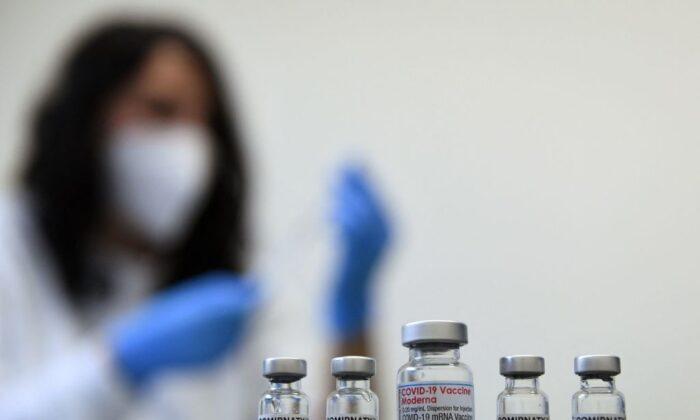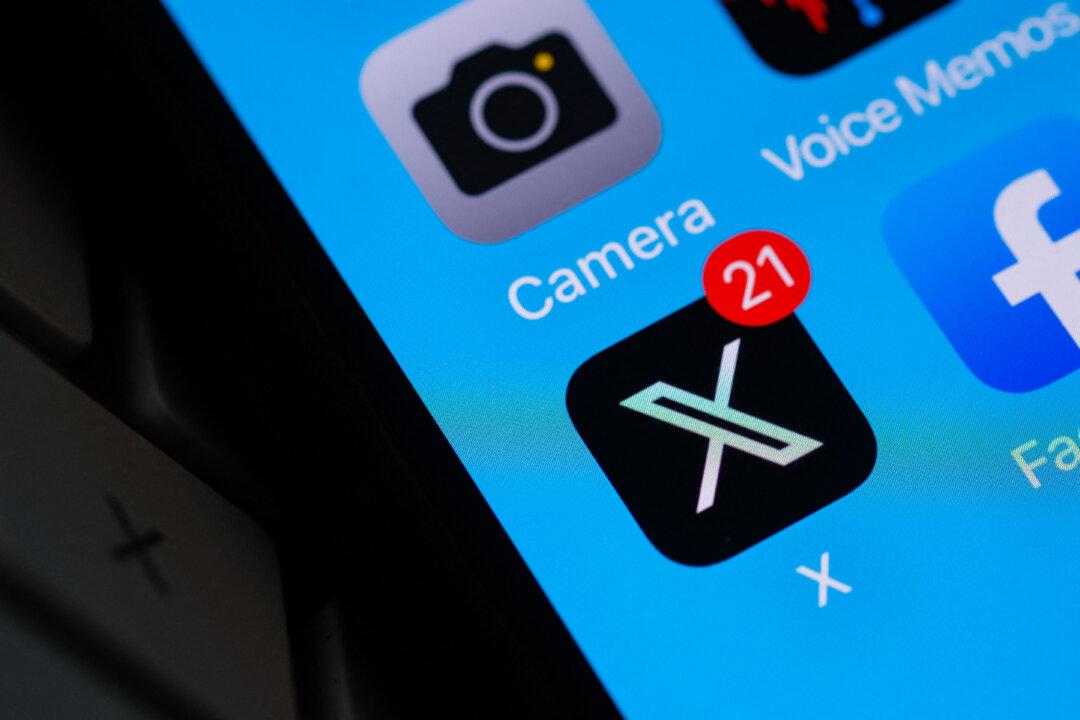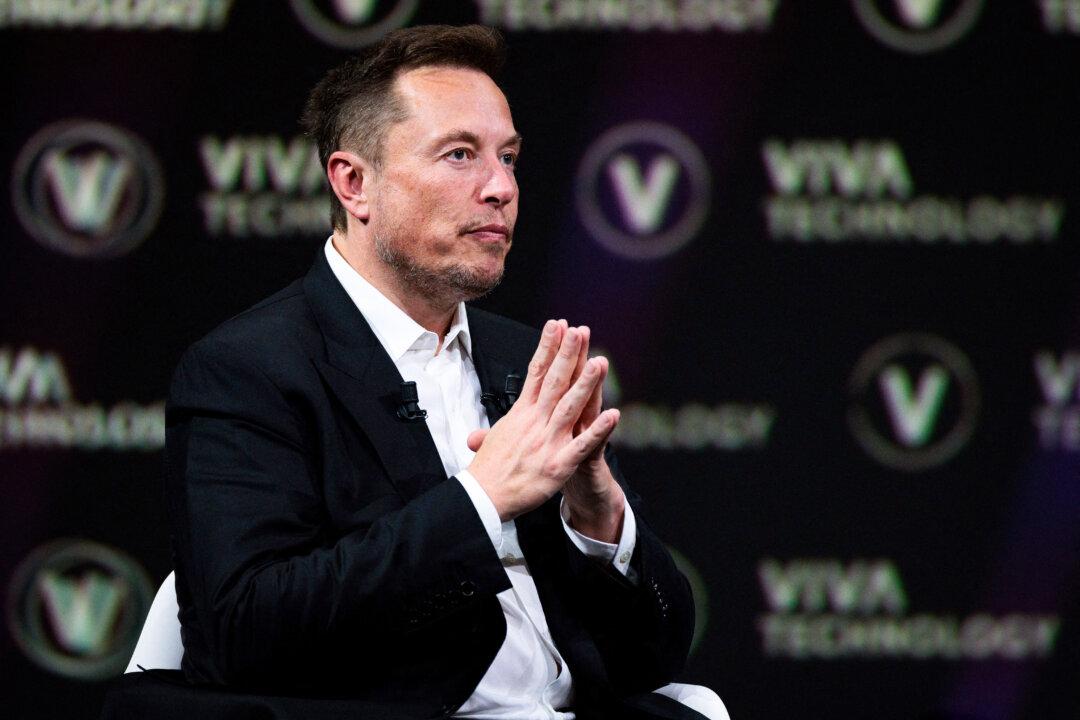COVID-19 vaccine stocks may go out of date as demand has dipped below supply, according to the globe’s largest manufacturer of jabs.
Adar Poonawalla, chief executive of the Serum Institute of India, on Sunday said the world had stockpiled more COVID-19 jabs than it can use as some of the developing countries are not placing orders.
The distribution, infrastructure, and people’s hesitance to get the COVID-19 vaccines have become critical factors in limiting the global vaccination rate, while manufacturing was the main reason at the beginning of the pandemic.
“It’s a combination of vaccine hesitancy and nations not coming forward and placing orders in which they claim they would, particularly the African nations.”
“I’m happy to say that on record, and I hope they read it because maybe they’ll get activated and do something about it.”
WHO’s Director-general Tedros Adhanom Ghebreyesus in August pointed out that of 4.8 billion COVID-19 vaccine doses delivered around the world to date, around 75 percent have gone to 10 countries.
“Fifty-six countries effectively excluded from the global vaccine marketplace were not able to reach this target—and most of them in Africa.”
But Poonwalla, whose plant in Pune produces 280 million doses of COVID-19 vaccine each month, argued that while the WHO and others usually blame “vaccine inequality” for the low vaccination rates in developing countries, the African nations are “refusing to place orders.”
“We’ve barely got 20 million doses worth of orders from the African nations. They’re going very slow, claiming that they’re waiting for donations from the U.S. and other reasons,” he said.
“So there’s a bit of a disconnect.”
He warned that the same problem could be observed across the world with countries struggling to shift their stock.
Professor Adam Finn, who sits on Britain’s Joint Committee for Vaccination and Immunisation, said the world has reached “the point where there is no longer a shortage of vaccines” but instead, “they just haven’t been given.”
“Having doses sitting in a warehouse doesn’t solve any problems,” he told the UK’s Sunday Times. “We’ve got to think beyond just supplying doses and start thinking about how we actually give them to populations who need them.”
The news of the oversupply comes after a study from Oxford University published on Aug. 19 showed the immunity from COVID vaccination against the Delta strain wanes within three months of inoculation while two doses of the vaccine provided as much protection as “having had COVID-19 before through natural infection.”




Friends Read Free